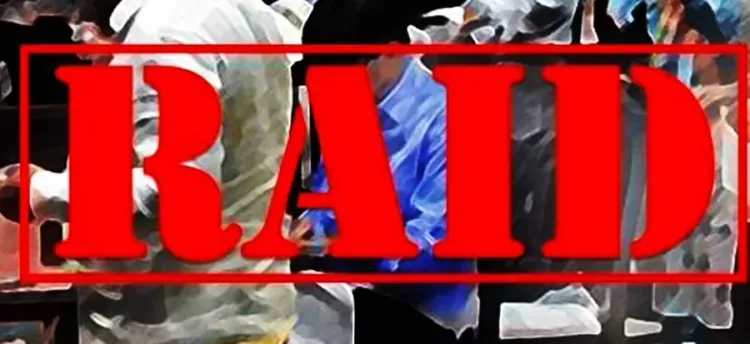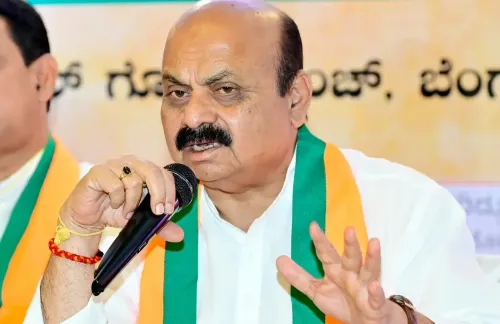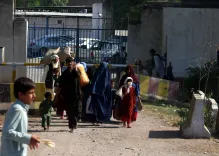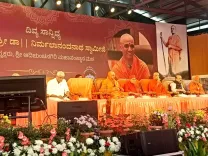Why Did Vigilance Teams Raid Three Locations Linked to Bihar DSP in a ₹1.52 Crore Disproportionate Assets Case?

Synopsis
Key Takeaways
- Special Vigilance Unit conducted raids on DSP Sanjeev Kumar.
- Allegations involve **disproportionate assets** worth **₹1.52 crore**.
- Raids occurred in Patna, Jehanabad, and Khagaria.
- Kumar's bank accounts have been frozen.
- Bihar government maintains a strong stance against corruption.
Patna, Aug 8 (NationPress) In a significant operation, separate teams from the Special Vigilance Unit (SVU) of Bihar executed simultaneous raids on three locations associated with Deputy Superintendent of Police (DSP) Sanjeev Kumar on Friday. The cities targeted were Patna, Jehanabad, and Khagaria, as part of an investigation into a case of disproportionate assets.
The raids commenced at 7 a.m. after the SVU filed an FIR against the senior police officer and secured a warrant from the Special Vigilance Court in Patna the previous day.
Sanjeev Kumar, who is currently serving as DSP in Jehanabad, faces allegations of holding assets worth ₹1.52 crore that exceed his legitimate sources of income.
Sources have reported that he allegedly has connections with illegal sand mining traders and is suspected of generating income through illicit activities.
A resident of Khagaria district, Sanjeev Kumar has held various positions throughout his career in the Bihar police.
Multiple SVU teams, each led by officers of DSP rank, are conducting the searches.
Kumar's bank accounts have been frozen, and details regarding the items seized will be revealed after the raids conclude later today.
Previously, numerous teams from the SVU executed extensive raids at several locations linked to Rajnikant Praveen, the District Education Officer (DEO) of West Champaran, in January of this year.
A major raid took place at Praveen’s residence in the Vasant Vihar area, falling under the jurisdiction of the Mufassil police station.
Reports indicate that ₹1.87 crore in cash was recovered from Praveen’s home, with a note-counting machine brought in to tally the currency. Praveen was interrogated by the vigilance team at his residence for several hours, having served as District Education Officer in West Champaran for about three years.
The Nitish Kumar-led Bihar government has reaffirmed its commitment to a zero-tolerance policy against corruption.
The SVU continues to keep a close watch on government officials, employees, and political figures.
According to state regulations, all leaders, bureaucrats, and employees—including the Chief Minister, Chief Secretary, and DGP—are required to declare their income and its legal sources annually to the government.








